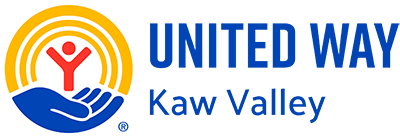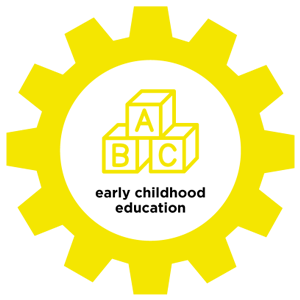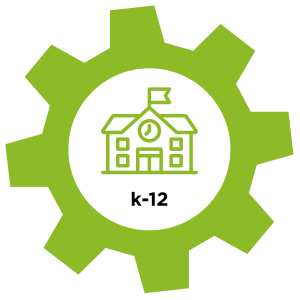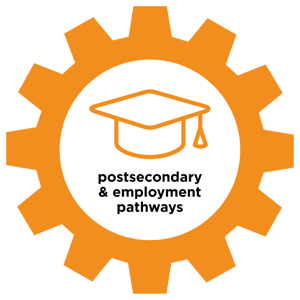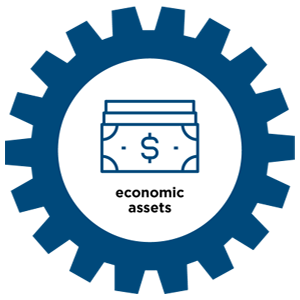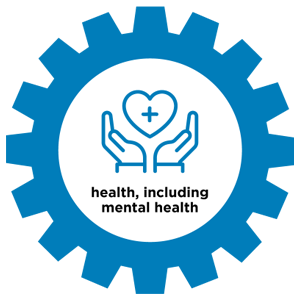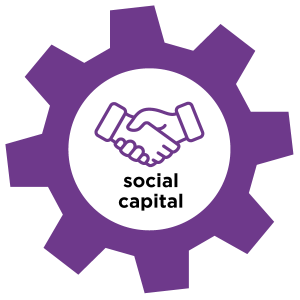
No one lives in a vacuum. The success of our children depends on the success of those who care for them. The success of our students depends on access to schools, healthy food, affordable medical care and stable housing. The success of our young adults hinges on understanding the financial realities of adult life. And none of those things can happen without an interconnected network of basic support that protects the most vulnerable in times of need.
We are leaders in Childhood Success, working with our early education and child care partners to ensure that those who start life with a disadvantage can get back on level ground BEFORE they have a chance to fall behind in school.
We know that the work doesn’t end there, that students and their families need continued support in school and beyond. Our Family Success work in K-12 supports helps students build a solid foundation as they rise to middle school and high school, setting the stage for on-time graduation and a career. Youth financial literacy and workforce readiness round out this impact category.
The economic aftershocks of the Covid-19 pandemic have created unusually high demand for the most basic of Family Supports. Your United Way contributions help ensure that our neighbors have partners to turn to when they need food, housing, short-term help paying for rent or utilities, access to health care help escaping relationship violence or trafficking.
When operating optimally United Way of Kaw Valley’s Whole Family approach will ensure that families with lower incomes will be able to easily access educational and social supports, coordinated across systems, to improve economic and social mobility that lasts for generations.
Our aim is to change systems to serve whole families, rather than asking families to navigate siloed systems. If systems are aligned and services integrated so that parents have access to comprehensive, wraparound support, both generations will be more likely to achieve greater economic well-being. Our approach seeks to transform systems through:
- Parent leadership and family voice at the center.
- Expansion and/or adoption of research-based, cross-sector direct services.
- Shared connections between sectors through common navigation and communication platforms and data sharing.
- Business and civic leader engagement.
- A shared commitment to equity, diversity, and inclusion.
As part of our Community Investment Grants in Shawnee County, UWKV has prioritized a strong focus on serving the whole family. The Whole Family Approach to Poverty brings together programs and partners that serve children with those that serve the adults or caregivers in a household. These partners place the family at the center of their collaborative efforts, helping families eventually break the cycle of poverty. To do this, partners must understand the system of services in their community, imagine how they can work together, and form key partnerships and collaborations to ensure the success of families.
UWKV has been a part of these efforts for five years and has served as the backbone of this collective for nearly 3 years.
As part of the stakeholder meetings, organizations are introduced to the whole family approach and learn about the current state of the work. Future meetings, which are required for UWKV Shawnee County grant recipients and open to other interested parties, include looking at best practices, brainstorming solutions (no cost/low cost and "dream big"), and building a policy agenda.
This work is supported, in part, through a Communities Supporting Early Literacy (CSEL) Grant through Kansas Health Foundation, a grant that aims to bring about systems level change in the areas of early literacy for children and families. The Whole Family Initiative serves as one part of the work in Topeka and Shawnee County.
If you are interested in joining this conversation or funding United Way of Kaw Valley's Whole Family initiative, please contact Brett Martin, Vice President of Community Impact.
